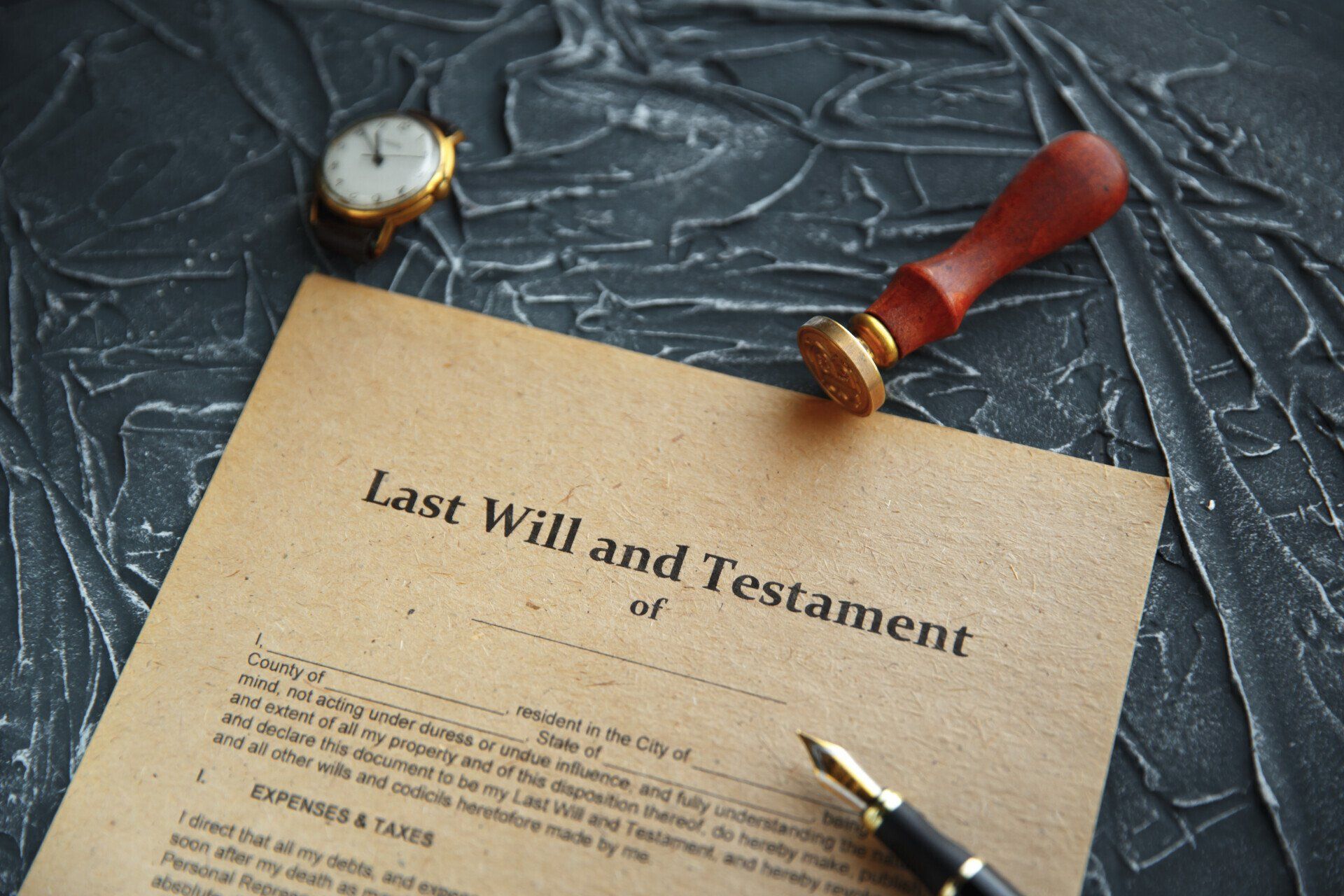Not Everyone in Probate Is an Interested Party
Florida wills can be challenged in court during probate litigation. However, there is a limited number of potential challengers to the terms of the will. If a person or entity is not an interested party, the court will not hear what they have to say, and they cannot participate in the probate process.
Whether one is an interested party depends on their economic interest in the estate. The first requirement is that their finances are directly affected by the proceeding. Creditors are non-family actors that are allowed to be a part of probate. Those who are named in the will are also interested parties. Close family members who have been left out of the will may also be able to be heard in court depending on the circumstances. The law wants people to be able to argue their case but does not want to bog down the estate by allowing everyone to challenge it.
The court will decide the matter of interested parties early in the process. This allows the judge to disqualify certain participants if they do not meet the threshold. Once the court determines that someone is not an interested party, their position will not be heard on the merits. Thus, many will contests are actually decided at the outset when the court rules whether the petitioner is an interested party. This narrows who can challenge the will.
Those who are involved in probate litigation may want to retain an attorney to represent their position in court. The decisions that they make in the probate process will affect how their finances are affected by the proceedings. The attorney might help their client try to settle the case out of court. If there is no agreement, the lawyer may argue their client’s position in front of the judge when a will is contested.











